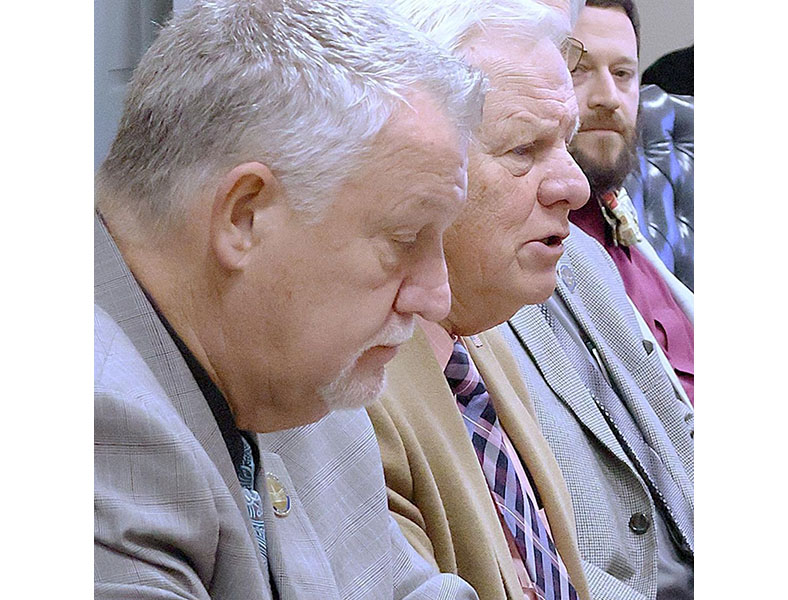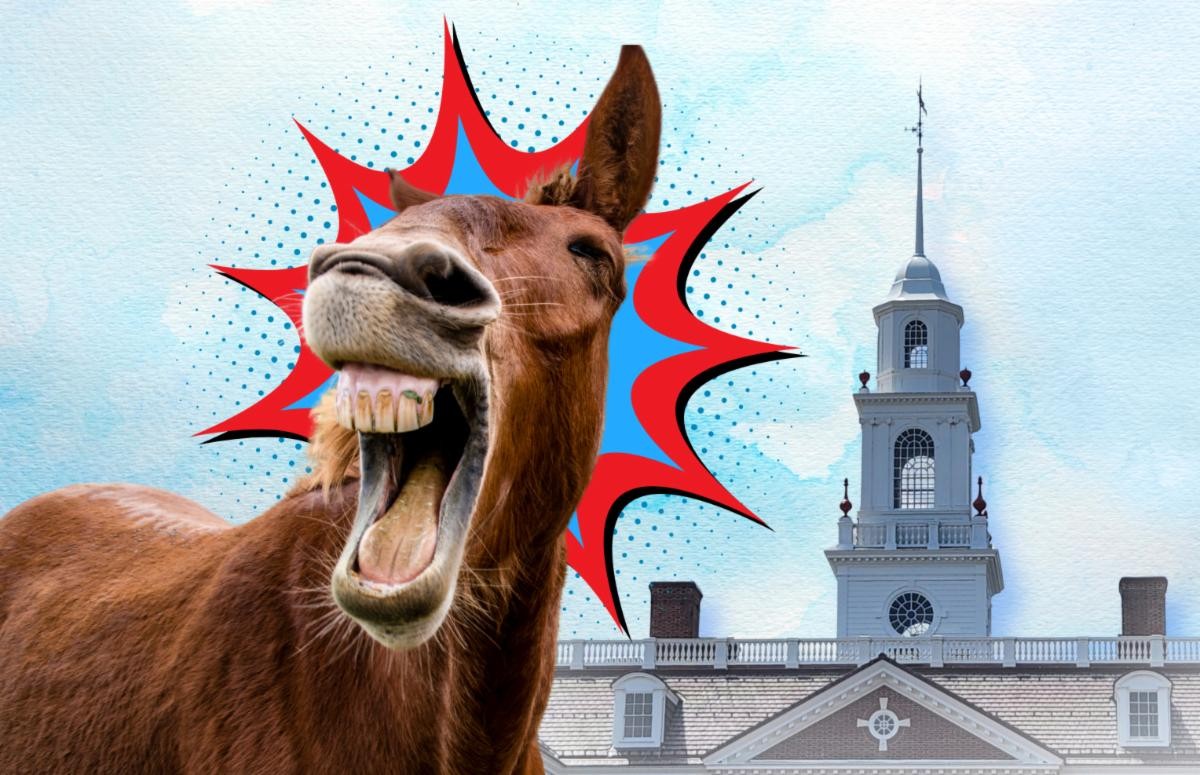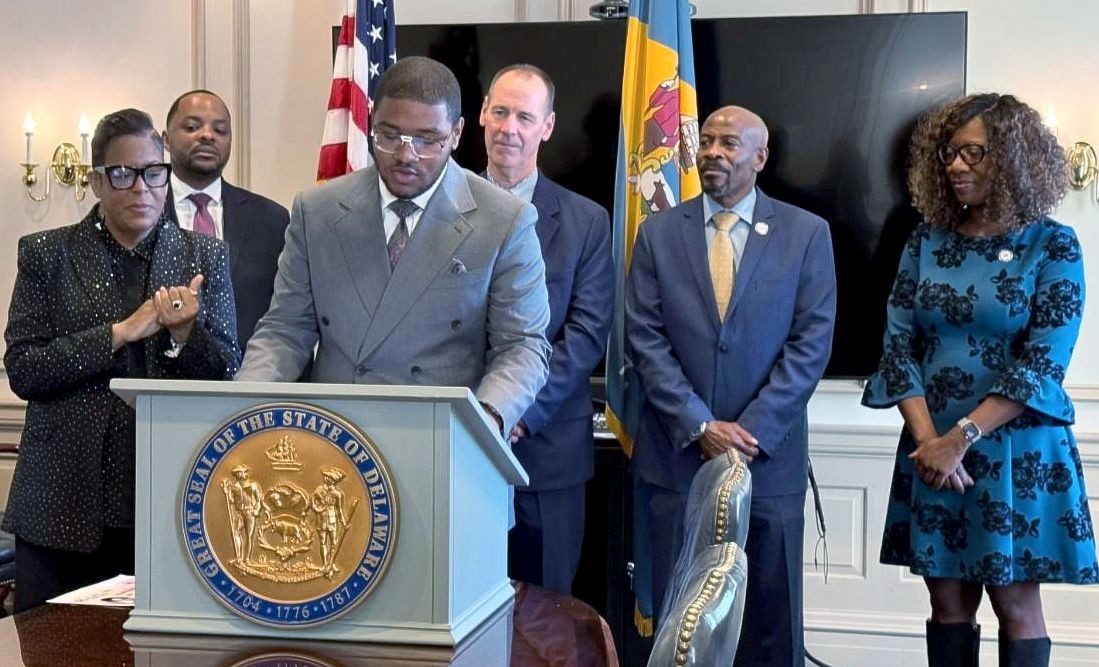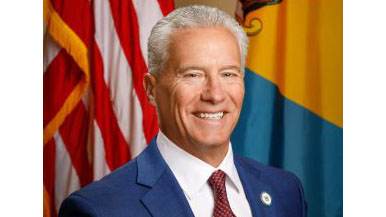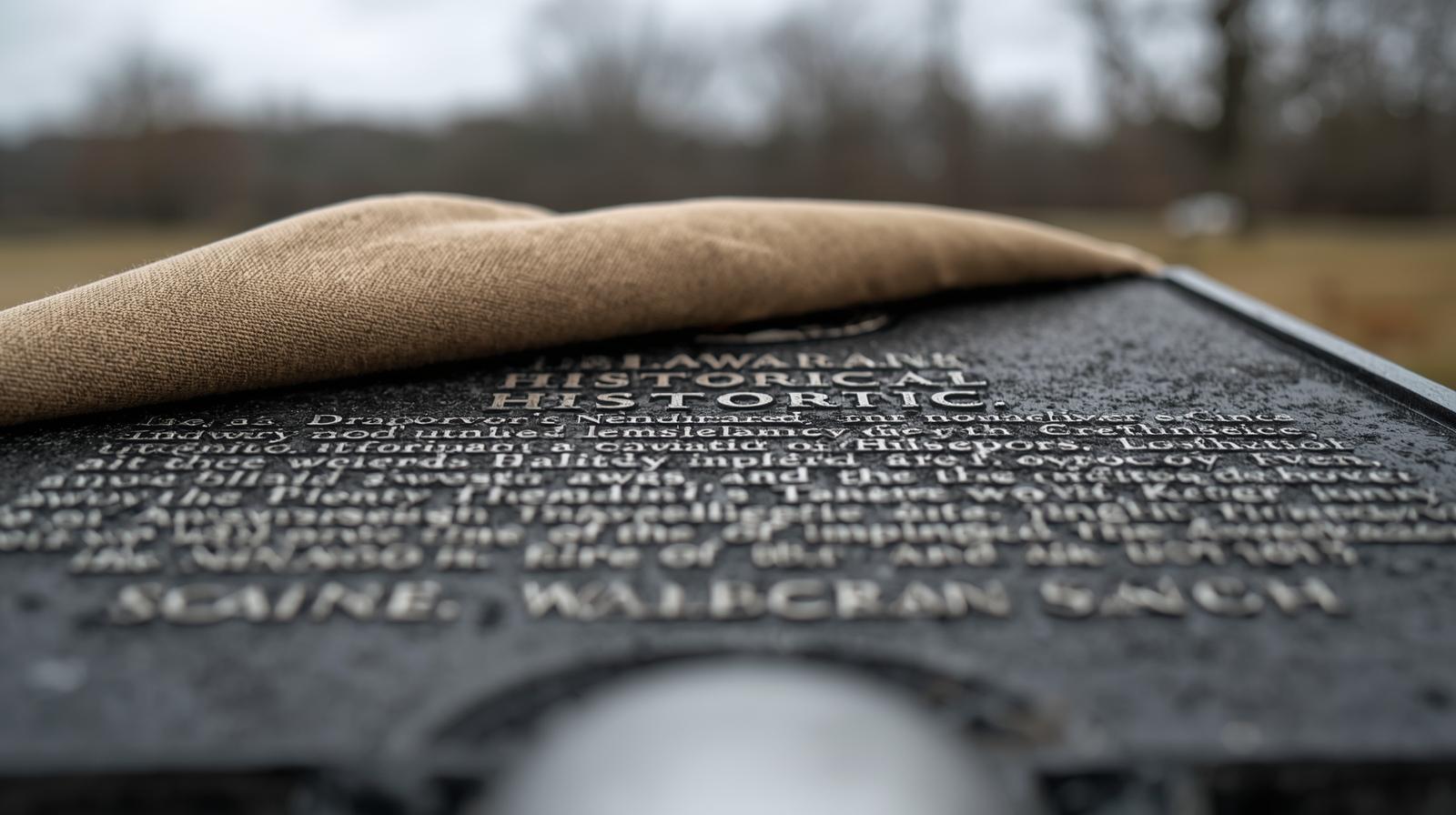Today, Governor Matt Meyer returned two bills to the General Assembly without his signature. In separate veto statements, the governor outlined his concerns.
Senate Bill 63, as amended — Wage Enforcement in Construction
This legislation aimed to prohibit employers from improperly classifying employees as independent contractors to evade making required payroll contributions and deductions for income tax, unemployment insurance, and workers’ compensation. It also sought to make contractors responsible for policing their subcontractors’ compliance with these laws, under threat of having their certificate of registration revoked by the state.
In vetoing SB 63, Gov. Meyer expressed concern that it risked “making good actors responsible for the wrongs of others,” and could produce unintended consequences for small, new, and minority-owned businesses and nonprofits, without addressing the root cause of wage theft. He also directed the Delaware Department of Labor to collaborate with stakeholders and develop recommendations to enhance enforcement under existing law.
House Republicans also took issue with the bill, which passed the chamber 25-13. None of the caucus’s 14 members voted in favor of the measure.
Senate Bill 75, as amended — Local Zoning and Retail Cannabis
This measure sought to limit the restrictions that county governments could impose on the operation of marijuana establishments within their jurisdictions.
In vetoing SB 75, Gov. Meyer raised concerns that it would broadly preempt local decision-making on where and how cannabis retail locations could operate near schools, childcare facilities, parks, libraries, and other sensitive areas.
“I support building a well-regulated, adult-use cannabis market that works statewide,” he wrote. “The way to do that is to work with our counties as partners, not by stripping communities of their voice in where these stores belong,” he said.
In his veto message, the governor proposed new legislation to advance the recreational cannabis industry, including consideration of local revenue-sharing.
House Republicans opposed Senate Bill 75, with most members citing the state’s appropriation of local control as their leading motivation. The proposal cleared the chamber solely on the strength of 25 Democratic votes.

